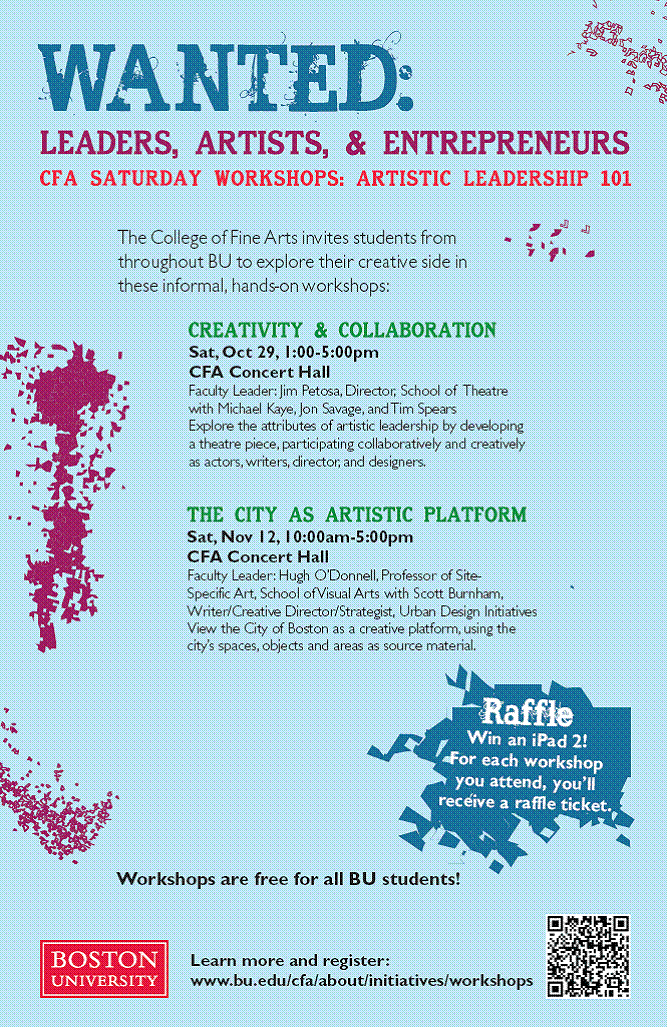 Dear College of Fine Arts Alumna/us:
Dear College of Fine Arts Alumna/us:
I have recently completed my "freshman" year as dean of the Boston University College of Fine Arts. My course of study, not surprisingly, was two invigorating semesters of what might be called "CFA 101." I have learned many things—about the interests of my fellow faculty members, the ambitions of our students, and the accomplishments of our alumni community. All are great assets of this College.
I also have discovered exciting opportunities to build upon CFA's strong foundations, and take our College to the next level. Those opportunities can be summed up in three words: collaboration, innovation, and globalization.
The stakes are high. Artists will play vital roles in the 21st century, as social leaders, agents of change, promoters and ambassadors of the arts, creators of social capital, architects of value, and humanist entrepreneurs. At the College of Fine Arts, we must seek to nurture artists able to thrive in difficult times—resilient in uncertainty, and proactive in making the world a better place. Below, I outline our plans for doing so. I hope you will join us in our effort.
Collaboration
For many years, the College has tended to operate as three separate entities. School of Theatre students rarely interact with School of Visual Arts students, and neither of those groups spends much time with their counterparts at the School of Music. But one thing I've learned is that the CFA whole is, or can be, greater than the sum of its parts. This fall, therefore, we're launching a mandatory freshman colloquium called "The Freshman Experience," to expose new students to all three disciplines. This series of cross-disciplinary lectures will help freshmen explore how their artistic endeavors can complement each other during their years at CFA.
We are extending that spirit of collaboration across BU as well, in an effort to help reinforce what we like to call the "creative campus." One example is our keyword initiative, which we are beginning this year with generous support from alumna Nancy Livingston (COM'69) and her husband, Fred Levin. Each year, we will select a keyword that will inspire our programming. This year it is violence—a reality that unfortunately intrudes into almost every corner of our society. Finding solutions almost certainly requires a holistic, interdisciplinary approach. The School of Theatre, where the initiative originated, will illuminate the subject by performing plays related to conflict. The School of Visual Arts is welcoming Enrique Chagoya, whose recent work denounces the abuse of children by priests—so powerfully, in fact, that last fall a crowbar-wielding museum-goer in Colorado was moved to destroy one of his lithographs. The School of Music is presenting works written in times of revolution and war. We have invited the rest of the BU campus to contribute lectures, symposia, and other programming that invites discussion of our keyword throughout the year.
Innovation
This fall, we will also begin a new workshop series, open to all BU students, that will focus on the nuts and bolts of artistic leadership: how to develop and market a creative enterprise. This series will be the precursor to new campus-wide collaborative minors, and offer students the ability to take courses in conjunction with many other BU schools and colleges. I have heard from many alumni that their studies at CFA were heavy on technique and short on other skills needed for succeeding in a creative field. By providing an awareness about the legal, financial and social implications of launching and sustaining a career in the arts, this series will help teach students how to promote their talent and their discipline and at the end become more resilient as artists.
Globalization
As a conductor, I have led orchestras all over the globe, from my native Mexico to China. Today, a global perspective is a necessity for most creative people, and I hope to raise the global awareness of CFA as an institution. The artists and performers we train must be prepared to work and thrive in an increasingly global and interconnected world. In the future, we will infuse the curriculum with new global perspectives, in part by empowering our faculty to participate extensively in international conferences, performances, and exhibits.
Embracing a global, technologically interconnected arts society will help CFA bridge cultural and geographic divides. Last November and April, for example, CFA held the first orchestra concerts ever to be streamed live via the internet from Symphony Hall. After the performance, one of the performers from the School of Music sent me a lovely note. Her mother was in Chicago, and her father was serving in Afghanistan—but thanks to our web feed, both were able to see her perform.
My faculty colleagues and I are determined to steer CFA in exciting and productive directions. In truth, this is a necessity. Many institutions make the mistake of concluding that the best way to face the future is to improve what they did in the past. This is no longer true, if indeed it ever was. To allow young artists to live their dreams in a rapidly changing world, we need to embrace change. And we will need the full commitment of our faculty, administration, collaborators, and alumni.
Thank you for your generosity to CFA. To make your gift online, please click here.
Sincerely,

Benjamín Juárez
Dean, Boston University College of Fine Arts
P.S. During my sophomore year, I will be enrolled in "CFA 201": getting to know our alumni. I look forward to seeing you during my travels around the globe—and on campus during Alumni Weekend, October 28–30. Visit www.bu.edu/alumniweekend for more information and to register.
 |
Boston University College of Fine Arts
855 Commonwealth Avenue
Boston, MA 02215
800-447-2849
give2bu@bu.edu |
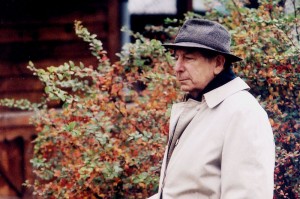
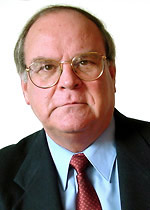
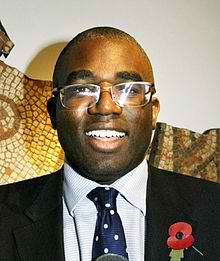

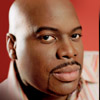
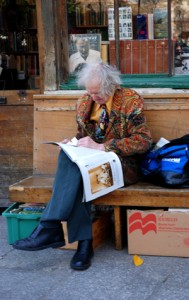

 Dear College of Fine Arts Alumna/us:
Dear College of Fine Arts Alumna/us:

